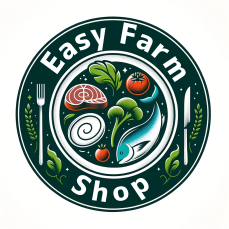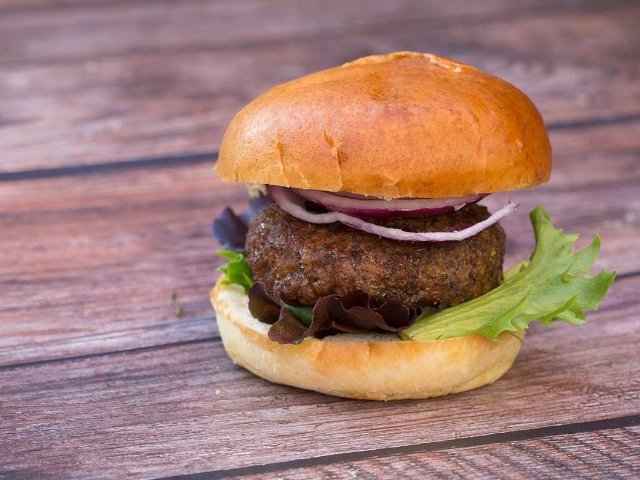Many people want to give up eating meat and fish but most don’t manage to change their eating habits so dramatically over the long term. Humans are born omnivores and that’s not going to change anytime soon.
Lapsed vegans and vegetarians tend to become irregular meat or fish eaters.
They’ll probably only eat red meat once a week. They see meat as a special treat and are likely to pay more for it.
The main reason people try a plant-based diet is that they are concerned about the way food animals in industrial farms are treated in life and death.
When they go back to eating meat they still hold these values so they want to be sure that the food animals they eat are raised ethically and sustainably. The animals should have a good life that ends humanely. Traceability from farm to fork is really important to these customers.
One of the fastest growing sectors in the meat free market is meat substitutes made from plants.

In the early days, these were limited to burgers made from nuts and carrots, but now there’s a huge range of meat-like substances made from vegetarian ingredients. Some are grown in the lab, others made from sophisticated blends of ingredients created in massive industrial facilities.
These meat substitutes go under the generic term of meat analogues but you’ll also see them referred to as vegan meat, meat substitute, mock meat, meat alternative, imitation meat, or vegetarian meat, or, sometimes more pejoratively, frankenmeats, fake meat, or faux meat.
Although these faux meats satisfy the main vegetarian desire of protecting animal wellbeing they are expensive and highly processed making them unsuitable for many.
All of this is great news for farmers and farm shops. It means that while the market for meat may reduce in size, the sales of high welfare, sustainable farm food will continue to increase.
Here are some facts and figures about Vegan and Vegetarianism that you might find interesting:
Vegetarian (7% of consumers in 2021)
Vegetarians eat fruit, veg, nuts, and legumes as well as dairy or dairy substitutes
They have an easier time of it than vegans and have a wider range of reasons for following a vegetarian diet: Ethical Reasons, Budgetary Reasons, Environmental Reasons, Health reasons including the increase in antibiotic resistant bacteria.
Vegan (3% of consumers in 2021)
Vegans don’t eat, wear or use anything derived from an animal. They believe that animals should be free and not exploited in any way. This means that even if we don’t kill them for food, we also should keep them for milk, eggs, or any other animal product like their skin or fur. Veganism is really easy to understand but VERY hard to follow in real life.
Flexitarians (15% of consumers in 2021)
Flexitarians eat a mainly vegetarian diet but occasionally eat meat, fish or other seafood
Pescatarian (5% of consumers in 2021)
Pescatarians eat a mainly vegetarian diet but occasionally eat fish or other seafood
More Vegan and Vegetarianism Stats to get you thinking
(Source: The Vegan Society and Finder)
A record half a million Brits signed up to Veganuary in 2021
Deliveroo’s vegan orders spiked by 163% in 2020
7.2 million British adults currently follow a meat-free diet
13 million Brits will be meat-free by the end of the year
The number of vegans in the UK has increased by 445,428 people (40%) over the past 12 months.
Vegans and vegetarians look set to make up a quarter of the British population in 2025
If the 2 million people who intend to become vegan this year do so, the number of vegans will increase by 132%.
In 2020, The Grocer reported 62% of adults in the UK had purchased plant milk.
10% of British children aged eight to 16 are vegan or vegetarian
The number of vegan residents in UK care homes has almost trebled in the five years to 2019
19% of people check if their toiletries are tested on animals
Generation Z (aged 18 -23) are currently the most meat-free generation
262,000 more men than women don’t consume meat (7.2 million vs 7 million)
Those who eat meat spend £645 extra a year on food, compared to those on a meat-free diet
50% of Brits said they know someone who is vegan
Sainsbury’s sales of its vegan cheeses surpassed the company’s predictions by 300%.
The global vegan meat market is expected to be worth $8.3 billion by 2025

